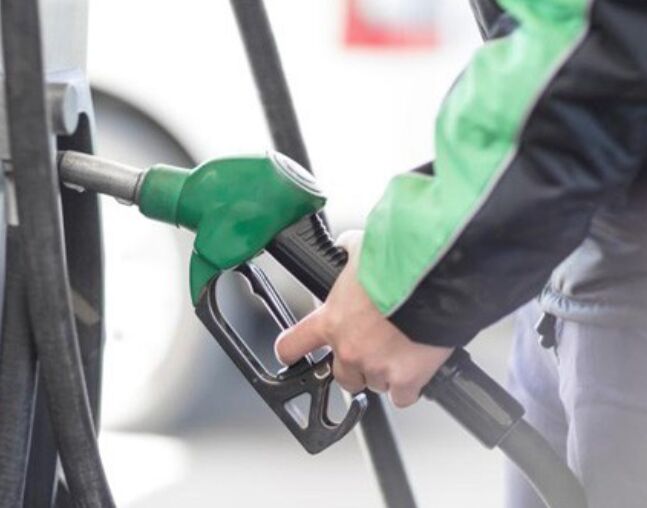Nigeria's Petrol Prices Skyrocket to Record High of 617 Naira per liter as Subsidy Removal Sparks Controversy and Economic Concerns
Nigeria's petrol prices hit an all-time high of 617 naira per liter following the removal of a fuel subsidy by President Bola Tinubu. This increase is attributed to rising global oil prices and the weak exchange rate. The Major Oil Marketers Association of Nigeria (MOMAN) states that the price hike is necessary to cover costs for retailers. The removal of the subsidy has led to a decrease in petrol consumption, as Nigeria heavily relies on imported fuel due to inadequate refining capacity. Private companies have now been permitted to import gasoline, marking the end of the NNPC's monopoly. The long-term impact of these changes remains uncertain.
Petrol prices in Nigeria have reached a record high of 617 naira ($0.78) per liter, following the removal of a popular but costly fuel subsidy by President Bola Tinubu in May. The increase in prices can be attributed to the rise in global oil prices and the weakening exchange rate of the naira against the dollar.
The state-owned Nigerian National Petroleum Co. Ltd. (NNPC) updated prices across the country, starting at 557 naira per liter at its petrol stations. Clement Isong, director of the Major Oil Marketers Association of Nigeria (MOMAN), explained that the price hike is necessary to cover costs for retailers.
MOMAN, which consists of Nigeria's six largest fuel retailers including NNPC, represents about one-third of the gasoline market. Isong also mentioned that the removal of the subsidy is part of the government's larger efforts to address economic issues such as the country's debt burden.
Since the subsidy was lifted, private companies have been permitted to import gasoline, marking the end of NNPC's monopoly on imports through crude oil swaps. A total of 56 private firms have been licensed, with 10 expected to make deliveries in the third quarter of this year.
Farouk Ahmed, director of the Nigerian Petroleum Downstream and Inland Regulatory Authority, confirmed that three of the licensed companies have already received their cargoes, and others have expressed interest in importing in the coming months.
Nigeria, being Africa's largest oil producer, heavily relies on imported refined fuel due to its inadequate refining capacity and the neglect of existing refineries.
The removal of the subsidy has caused daily petrol consumption to drop from an average of 66.9 million liters in January to May to 48.43 million liters in June, according to the Nigerian Midstream and Downstream Petroleum Regulatory Authority (NMDPRA).
President Tinubu's decision to scrap the subsidy has faced mixed reactions, as the subsidy had kept fuel prices artificially low but had become increasingly expensive for the government, costing $10 billion last year.
It remains to be seen how the removal of the subsidy and the involvement of private companies in fuel imports will impact the Nigerian fuel market in the long run.




